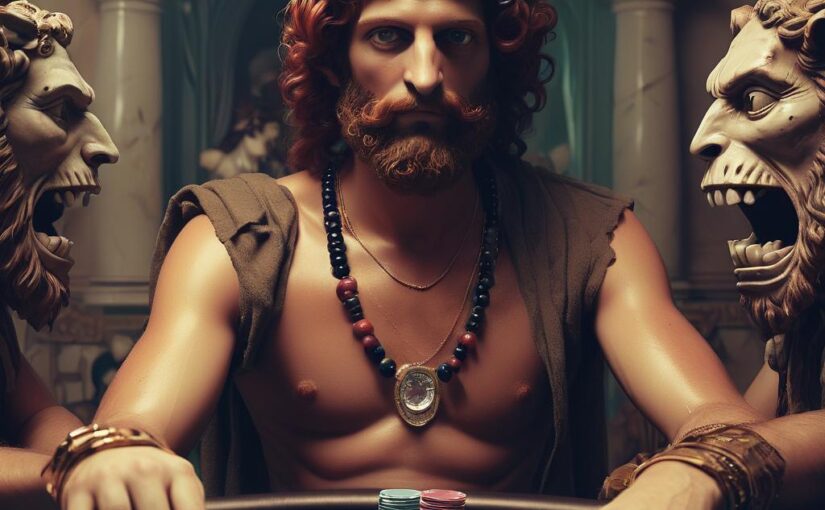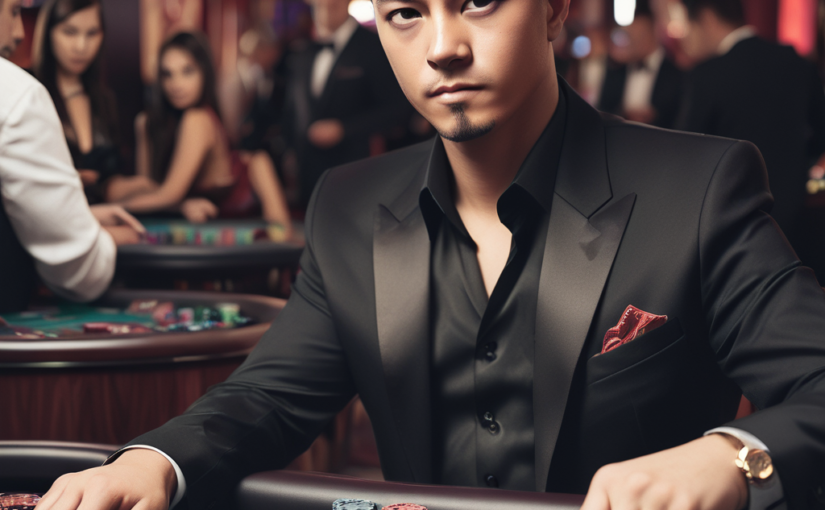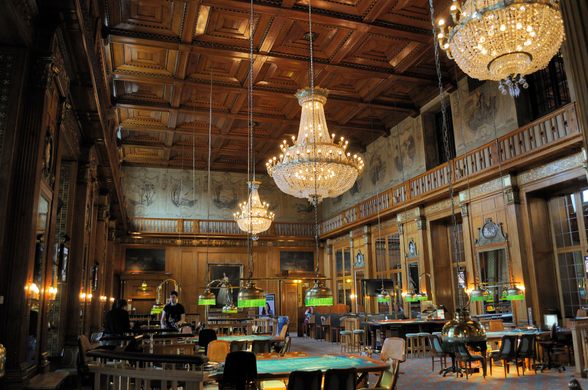Judul: WinMulu: Destinasi Togel Online Terbesar dan Terpercaya di 2024
Dalam dunia togel online, mencari situs yang tidak hanya menyediakan berbagai permainan tetapi juga menjamin keamanan dan keadilan adalah penting. WinMulu telah muncul sebagai salah satu platform terdepan di tahun 2024, yang menawarkan pengalaman bermain togel online yang besar dan terpercaya. Artikel ini akan menjelaskan lebih lanjut mengapa WinMulu menjadi pilihan utama para penggemar togel di seluruh dunia.
1. Keamanan dan Lisensi yang Terpercaya:
Kepercayaan adalah kunci dalam permainan togel online, dan WinMulu memahami ini dengan sangat baik. Situs ini beroperasi di bawah lisensi yang sah dari otoritas perjudian terkemuka, memastikan semua kegiatan di platform mereka dilakukan dalam kerangka kerja hukum dan etika. Keamanan data pribadi dan transaksi keuangan pemain dijamin dengan teknologi enkripsi SSL tercanggih, menawarkan kedamaian pikiran bagi semua pengguna.
2. Beragam Pilihan Permainan Togel:
WinMulu menawarkan berbagai jenis permainan togel yang menarik bagi pemain dari semua tingkat keahlian. Dari 4D, 3D, dan 2D, hingga variasi lokal seperti Togel Singapura, Hongkong, dan Sidney. Setiap permainan didukung oleh sistem yang adil dan transparan, memberikan kesempatan yang sama bagi setiap pemain untuk menang.
3. Pembayaran dan Penarikan yang Mudah:
Situs WinMulu menyediakan berbagai metode pembayaran yang fleksibel dan mudah, termasuk transfer bank lokal, e-wallet, dan bahkan opsi pembayaran digital lainnya. Proses penarikan di WinMulu juga cepat dan efisien, memastikan bahwa pemain dapat mengakses kemenangan mereka dengan sedikit kerumitan sebisa mungkin.
4. Dukungan Pelanggan yang Handal:
WinMulu menonjol dalam menyediakan layanan pelanggan yang efektif dan responsif. Dukungan tersedia 24/7 melalui berbagai saluran, termasuk live chat, email, dan telepon. Tim dukungan pelanggan dilatih untuk menangani segala pertanyaan atau masalah yang mungkin dihadapi pemain dengan cepat dan efisien.
5. Promosi dan Bonus Menarik:
WinMulu memahami pentingnya nilai tambah bagi para pemainnya. Situs ini menawarkan berbagai bonus dan promosi yang dirancang untuk meningkatkan pengalaman bermain dan memberikan lebih banyak kesempatan untuk menang. Dari bonus sambutan, bonus deposit, hingga undian berhadiah, setiap pemain memiliki kesempatan untuk mendapatkan lebih banyak dari investasi mereka.
6. Teknologi Canggih:
WinMulu memanfaatkan teknologi terbaru untuk memastikan bahwa pengalaman bermain togel online adalah yang terbaik. Sistem generasi angka acak mereka diuji dan diverifikasi untuk keadilan, menjamin bahwa setiap undian adalah acak dan adil. Ini menumbuhkan kepercayaan dalam komunitas togel dan memastikan bahwa reputasi WinMulu sebagai salah satu situs togel online terbesar dan terpercaya tetap solid.
Kesimpulan:
WinMulu adalah pilihan terbaik bagi siapa saja yang mencari platform togel online yang besar dan terpercaya di tahun 2024. Dengan keamanan tingkat tinggi, berbagai pilihan permainan, dukungan pelanggan yang solid, dan promosi menarik, terus menetapkan standar dalam industri togel.









